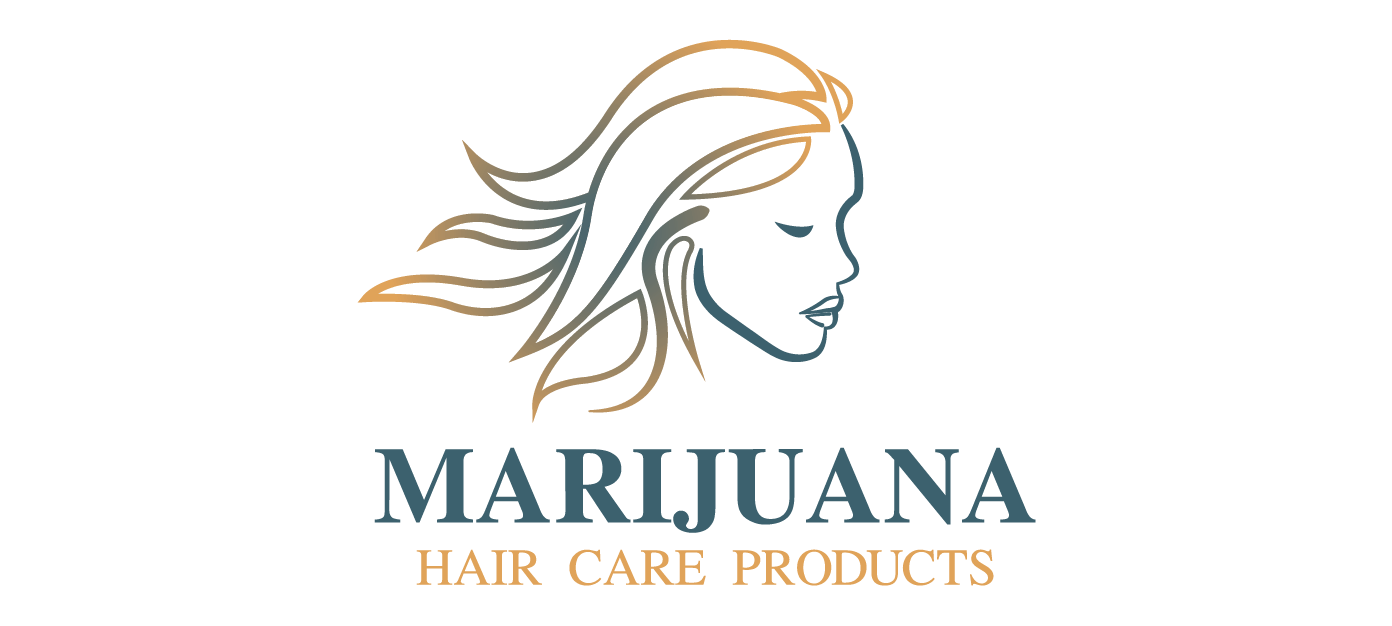The beauty industry’s relationship with marijuana-infused hair care products is evolving — cautiously accepted, selectively professional, and largely retail-driven.
Over the past five years, the industry has witnessed an explosion of hemp- and cannabis-branded shampoos, conditioners, and treatments. Market analysts continue to project strong growth in cannabis-infused cosmetics, driven by consumer curiosity about natural and plant-based wellness. Yet, the initial CBD beauty boom has cooled. Many major brands have retreated from overt CBD claims due to unclear regulations, payment restrictions, and advertising challenges that still complicate large-scale distribution.
Regulation remains the main dividing line between trend and adoption. In the United States, the Food and Drug Administration has stated that existing supplement and food frameworks do not fit CBD products, leaving most national retailers hesitant to stock them. Warning letters against exaggerated health claims have further discouraged companies from positioning CBD as a therapeutic ingredient. In contrast, hemp seed–derived ingredients — such as Cannabis sativa seed oil — are fully legal in cosmetics and widely recognized by ingredient authorities in both the U.S. and the European Union.
This regulatory clarity explains why so many hair products highlight hemp seed oil rather than CBD itself. A recent industry survey found hemp seed oil to be the dominant cannabis-related ingredient in cosmetics, favored for its moisturizing and scalp-soothing qualities. For manufacturers, it offers the plant-based appeal of cannabis without the legal complications.
So, has the beauty industry truly embraced marijuana hair care? The short answer is yes — when products are hemp-seed-led, wellness-focused, and compliant with existing cosmetic guidelines. Ingredient-safety resources confirm that hemp oils can be used freely under standard cosmetic rules, which has allowed brands to integrate them into hair glosses, treatments, and leave-in products without regulatory risk.
CBD-specific formulations, however, remain a gray area. While small, boutique hair brands continue to experiment, mainstream salon chains and national distributors are more conservative. The legal uncertainty around CBD use in cosmetics keeps most professional partnerships limited or specialized.
There are, nonetheless, professional examples. Brands such as Leaf & Flower have created salon-exclusive CBD services designed for stylists, offering volumizing and smoothing treatments alongside color or conditioning options. These brands provide education and professional support, helping stylists integrate cannabis-branded products responsibly into their services. However, such offerings still represent a niche rather than a widespread salon movement.
Overall, the marijuana hair care market leans heavily toward retail consumers. Shoppers are drawn to products featuring hemp seed oil for hydration, scalp balance, and natural appeal. Meanwhile, many “cannabis” products on store shelves contain no CBD or THC at all — only hemp seed oil marketed under the cannabis umbrella.
In summary, the beauty industry has cautiously accepted cannabis-adjacent hair care products, primarily through hemp seed oil–based formulations. Professional salons represent a small but growing segment, while the retail market continues to drive innovation and consumer adoption. Until clear federal guidelines emerge for cosmetic-grade CBD, the mainstream embrace of true marijuana-infused hair care will remain a careful balancing act between trend and compliance.
Read More: 6 Cannabis-Infused Hair-care Brands to Watch

